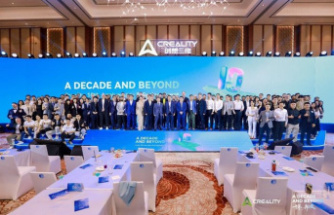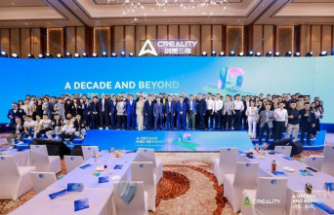LOS ANGELES—A five-studio tug of war has broken out over James Bond.
For more than a decade, starting with Casino Royale in 2006, the super spy series has been based at Sony Pictures Entertainment.
It has been a period of stability and prosperity for 007, as global ticket sales reached new heights. The four Bond films that Sony has released collected $3.5 billion at the worldwide box office, after adjusting for inflation.
Read more:Watch for movies galore on National Canadian Film Day
But Sony’s contract to market and distribute the films expired in 2015 with Spectre.
So the two companies that control the franchise but do not distribute their own films — Metro-Goldwyn-Mayer and the family-run Eon Productions — have started attending dog and pony shows put on by studios that want the rights, according to five people briefed on the sessions, who spoke on the condition of anonymity to discuss private conversations.
On Tuesday, for instance, leaders at Sony spent an hour making their case. Kazuo Hirai, the chief executive, helped give the pitch, which emphasized the studio’s deep knowledge of Bond and its ideas for expanding the franchise’s reach.
In true Hollywood fashion, Sony gave its presentation inside a sound stage on a recreated set from Dr. No, which was released in the United States in 1963 by United Artists and laid the foundation for the entire series.
Also vying for the Bond deal — even though it pays surprisingly little — are Warner Bros., Universal Pictures, 20th Century Fox and Annapurna, an ambitious upstart financed and led by the Oracle heiress Megan Ellison. (Not competing for the business are Paramount, which has been struggling and recently hired a new chairman, and Walt Disney Studios, which has been on a box office hot streak by focusing on its own family film labels.)
MGM and Eon, which stands for Everything or Nothing, are only offering a one-film contract. The expired Sony deal was for four movies.
MGM, which is owned by private equity firms, including Anchorage Capital Partners, probably wants to keep its options open as it considers a sale or public offering.
Casting for the franchise has not been discussed in the meetings, according to the people briefed on them, although producers hope Daniel Craig will play the lead for at least one more chapter.
He has a gap on his docket, according to movie industry databases, that would allow for filming.
Representatives for MGM, Eon and the studios pursuing the rights either had no comment or did not return calls.
The eagerness to land Bond underscores the continuing strength of the series but also the realities of the modern movie business.
As competition for leisure time increases, studios have focused more intently on global blockbusters, and those are in short supply.
In some ways, the Bond series was the first to go after a worldwide audience.
Yet the deal that studios are hotly chasing is not very profitable.
Under its previous agreement, Sony paid 50 per cent of the production costs for Spectre — which totalled some $250 million after accounting for government incentives — but only received 25 per cent of certain profits, once costs were recouped.
Sony also shouldered tens of millions of dollars in marketing and had to give MGM a piece of the profit from non-Bond films Sony had in its own pipeline, including 22 Jump Street.
In a 2014 email stolen by hackers and widely published online, Andrew Gumpert, who then oversaw business affairs for Sony, figured that the studio would realize about $38 million in profit if Spectre performed as Skyfall did. And Spectre did not, taking in $881 million, about 20 per cent less than Skyfall, which was released in 2012.
Why, then, do studios want to distribute Bond so badly? Bragging rights, mostly.
Having a Bond movie on the schedule guarantees at least one hit in a business where there is almost no sure thing.
Bond is gargantuan: The 25 movies have taken in nearly $6 billion at the North American box office, after adjusting for inflation, according to Box Office Mojo.
The series has generated billions more in overseas ticket sales, home entertainment revenue, television reruns, marketing partnerships (Omega watches, Aston Martin cars, Gillette razors) and video games.
For at least one suitor, Annapurna, landing Bond would be transformative. Ellison started by focusing on prestige films like Her and American Hustle. But she has been diversifying toward more commercial movies like the animated hit Sausage Party and recently hired a senior 20th Century Fox executive to oversee production. Last month, Annapurna signed an unrelated distribution deal with MGM.
The person Ellison and the other bidders need to impress the most is Barbara Broccoli, who runs Eon Productions.
Moviemaking is a collaborative process, but Broccoli and her older half brother, Michael G. Wilson, have final say over every line of dialogue, casting decision, stunt sequence, marketing tie-in, TV ad, poster and billboard.
The Toronto Star and thestar.com, each property of Toronto Star Newspapers Limited, One Yonge Street, 4th Floor, Toronto, ON, M5E 1E6. You can unsubscribe at any time. Please contact us or see our privacy policy for more information.
Our editors found this article on this site using Google and regenerated it for our readers.













